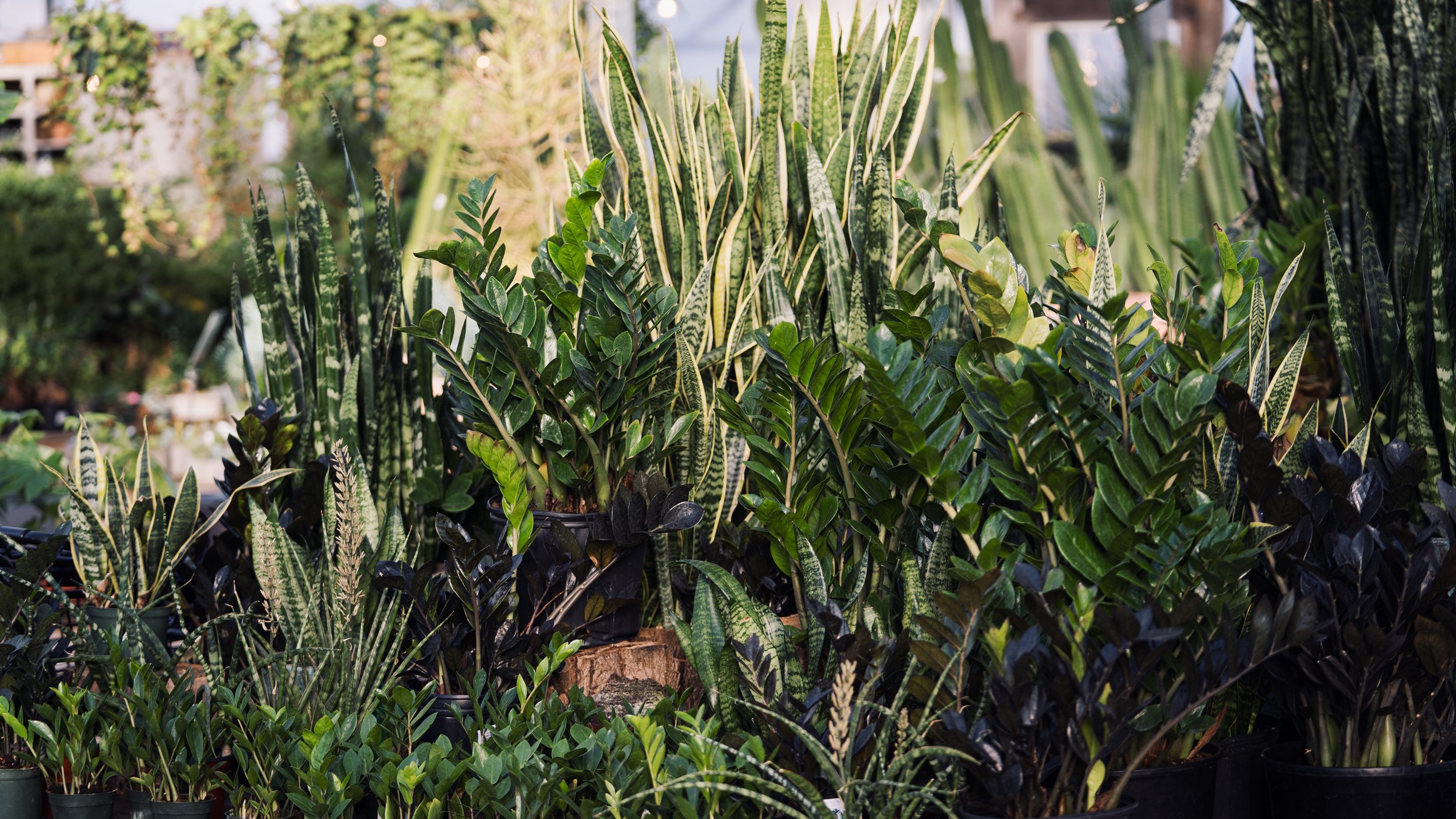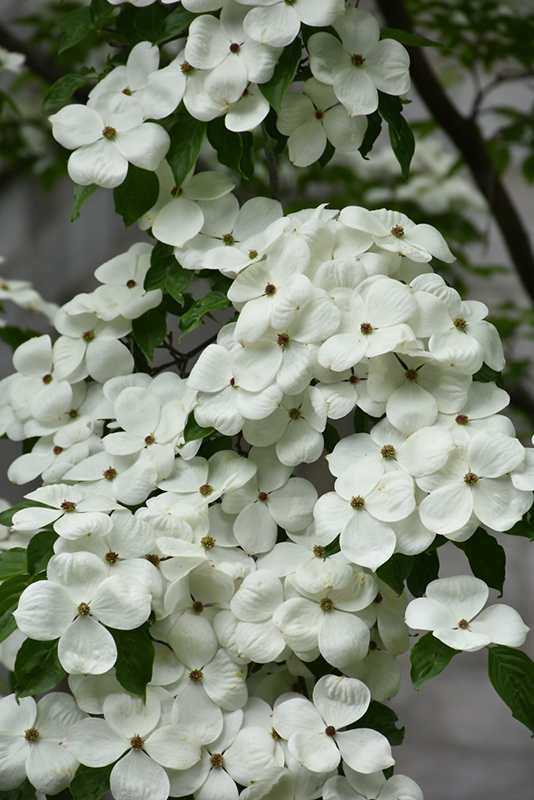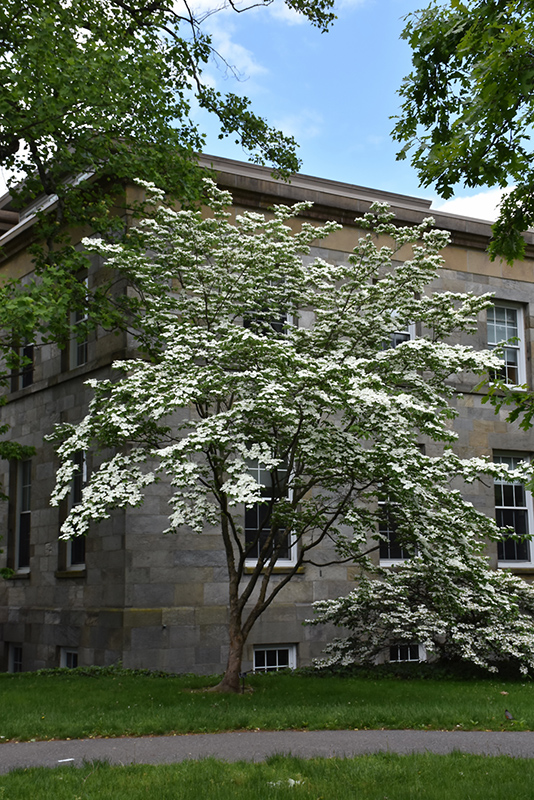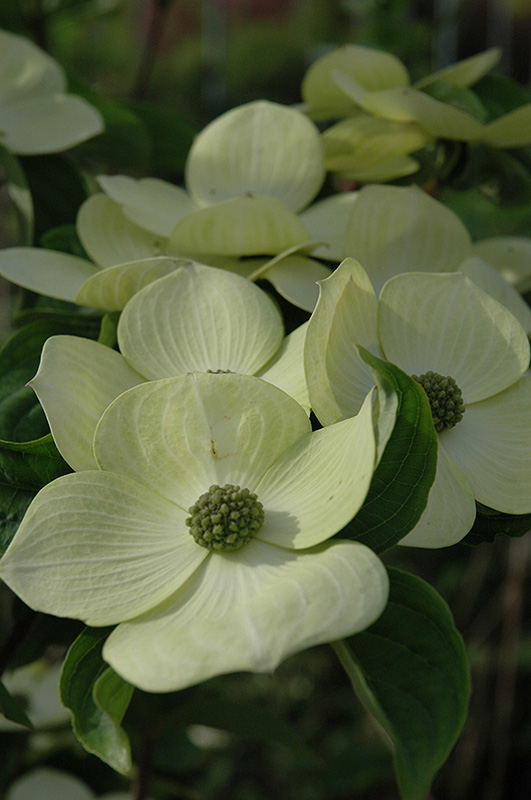
use our plant finder to help choose the perfect tree, shrub, perennial, annual, or houseplant to match your unique needs & style.
all the plants we love
Height: 20 feet
Spread: 20 feet
Sunlight:
![]()
![]()
Hardiness Zone: 5a
Group/Class: Rutgers Stellar Series
Description:
Beautiful, white star-like bracts cover this small broadly spreading ornamental tree with layered branches; bracts are rounded compared to the species, starts flowering a few days after other varieties have stopped; produces no fruit
Ornamental Features
Celestial Flowering Dogwood is blanketed in stunning clusters of white flowers with white bracts held atop the branches in late spring. It has dark green deciduous foliage which emerges lime green in spring. The pointy leaves turn an outstanding gold in the fall. The peeling gray bark and antique red branches are extremely showy and add significant winter interest.
Landscape Attributes
Celestial Flowering Dogwood is a multi-stemmed deciduous tree with a stunning habit of growth which features almost oriental horizontally-tiered branches. Its average texture blends into the landscape, but can be balanced by one or two finer or coarser trees or shrubs for an effective composition.
This is a relatively low maintenance tree, and should only be pruned after flowering to avoid removing any of the current season's flowers. It is a good choice for attracting birds to your yard. It has no significant negative characteristics.
Celestial Flowering Dogwood is recommended for the following landscape applications;
- Accent
- Shade
Planting & Growing
Celestial Flowering Dogwood will grow to be about 20 feet tall at maturity, with a spread of 20 feet. It has a low canopy with a typical clearance of 1 foot from the ground, and is suitable for planting under power lines. It grows at a slow rate, and under ideal conditions can be expected to live for 40 years or more.
This tree does best in full sun to partial shade. It does best in average to evenly moist conditions, but will not tolerate standing water. It is very fussy about its soil conditions and must have rich, acidic soils to ensure success, and is subject to chlorosis (yellowing) of the foliage in alkaline soils. It is somewhat tolerant of urban pollution, and will benefit from being planted in a relatively sheltered location. Consider applying a thick mulch around the root zone in winter to protect it in exposed locations or colder microclimates. This particular variety is an interspecific hybrid.
can’t find what you’re looking for? let us know
info@wilsonnurseriesky.com
frankfort: 502.223.1488
lexington: 859.269.5795



